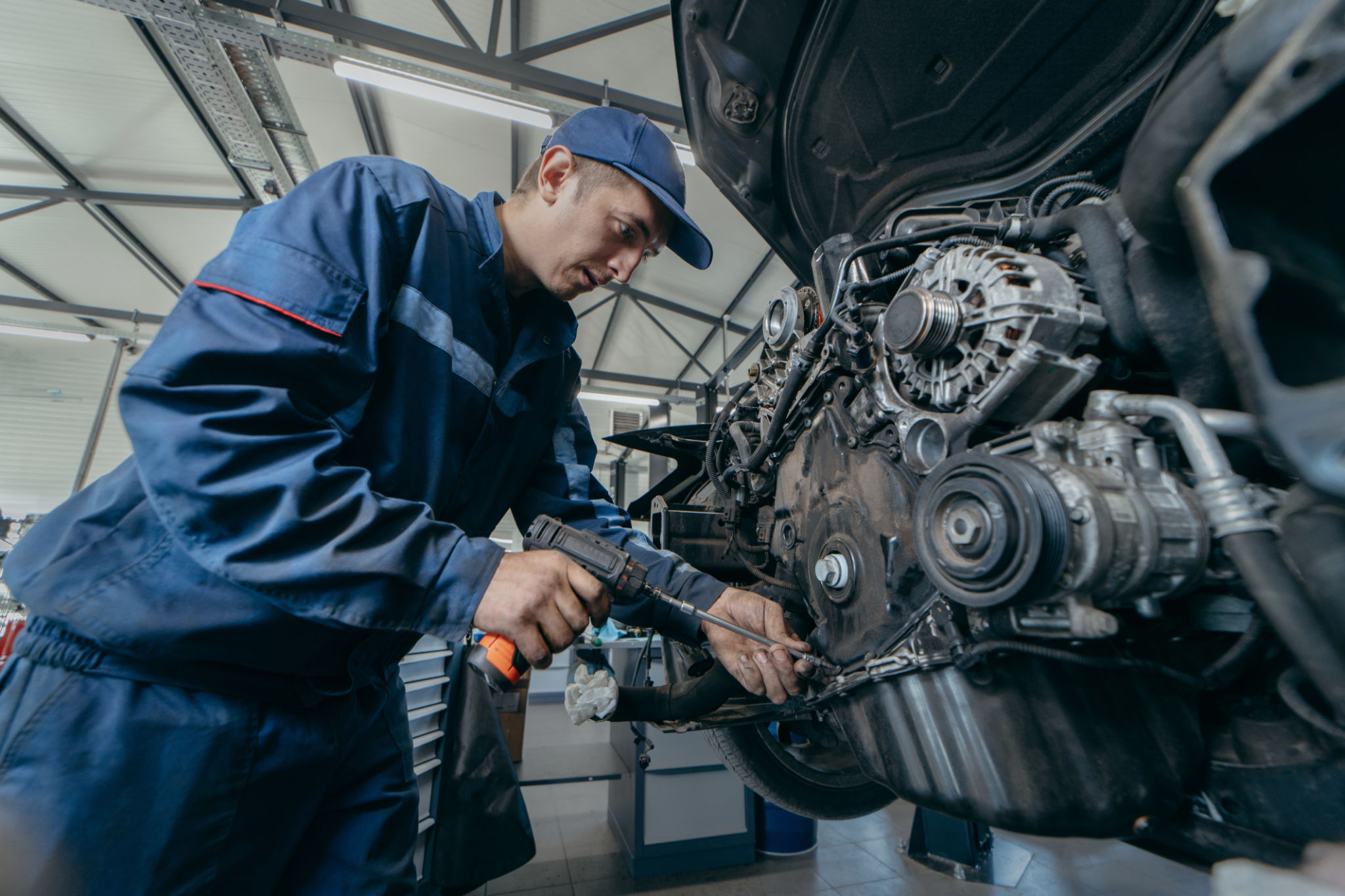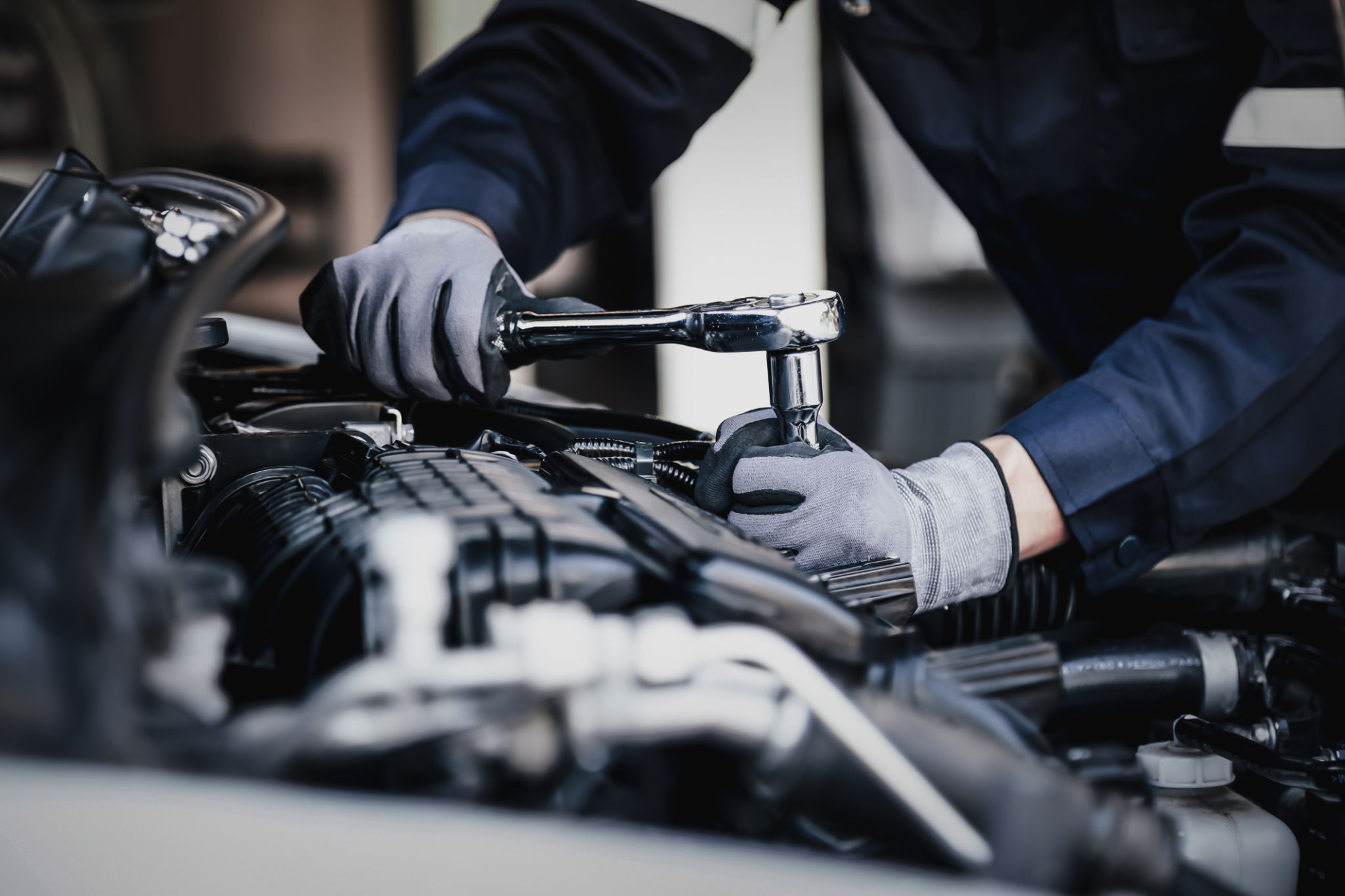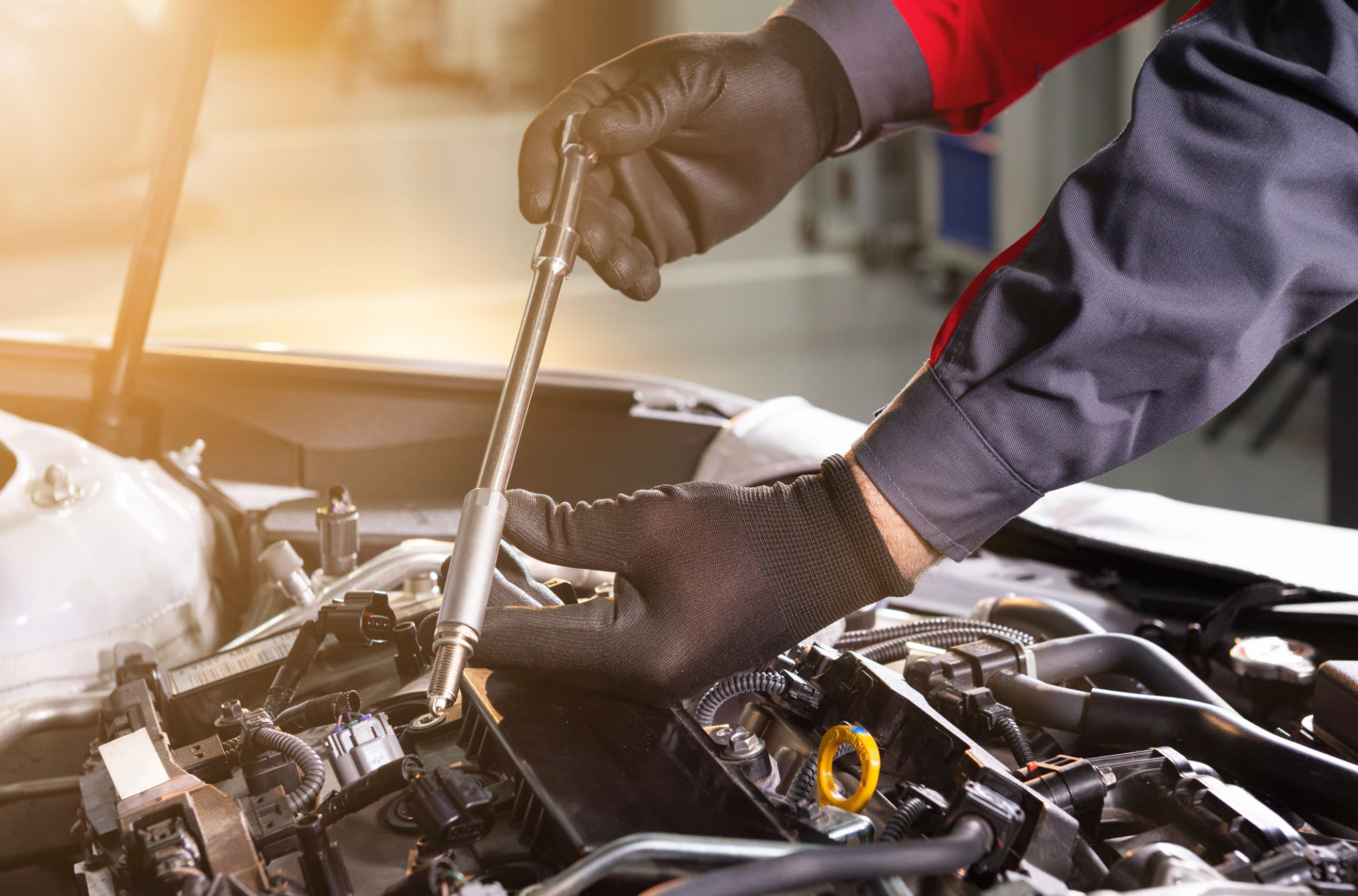Common Myths About DPF Cleaning Debunked
SS
Understanding DPF Cleaning
Diesel Particulate Filters (DPFs) are critical components in modern diesel vehicles, designed to reduce harmful emissions by trapping soot and other particulates. Regular cleaning is essential to maintain optimal performance and fuel efficiency. However, several myths surrounding DPF cleaning can lead to misunderstandings and improper maintenance practices. In this post, we'll debunk some of the most common myths about DPF cleaning.

Myth 1: DPF Cleaning Is Not Necessary
One prevalent myth is that DPF cleaning is unnecessary, as the filter will naturally regenerate itself. While it's true that many DPF systems have a self-cleaning mechanism, this process is not always sufficient. Over time, ash and other residues accumulate, leading to blockages that the regeneration cycle cannot remove. Regular professional cleaning is essential to prevent these blockages from affecting your vehicle's performance.
Myth 2: DPF Cleaning Can Be Done at Home
Some vehicle owners believe they can clean their DPF at home with simple tools and detergents. While DIY methods might seem cost-effective, they often lack the precision and thoroughness needed to properly clean a DPF. Professional cleaning services use advanced equipment and techniques to ensure that all residues are effectively removed, prolonging the life of your filter.

Myth 3: All DPF Cleaning Methods Are the Same
Another common misconception is that all DPF cleaning methods yield the same results. In reality, there are several methods available, each with its unique benefits and limitations. The most common techniques include thermal cleaning, ultrasonic cleaning, and chemical treatments. Choosing the right method depends on your vehicle's specific needs and the level of blockage present in the filter.
Thermal Cleaning
Thermal cleaning involves heating the filter to high temperatures to incinerate trapped particulates. This method is effective for removing soot but may not fully eliminate ash deposits.
Ultrasonic Cleaning
Ultrasonic cleaning uses high-frequency sound waves to dislodge particulates from the filter. This method can effectively remove both soot and ash but requires specialized equipment.

Chemical Treatments
Chemical treatments use special solutions to dissolve and remove debris from the filter. While effective, these treatments may not be suitable for all filter types and can sometimes require multiple applications.
Myth 4: DPF Cleaning Will Void My Warranty
Many vehicle owners worry that professional DPF cleaning will void their warranty. In fact, neglecting regular maintenance is more likely to cause issues that could affect your warranty. Most manufacturers recommend routine DPF maintenance as part of their service schedule to ensure optimal vehicle performance and longevity.
Conclusion: The Importance of Professional DPF Cleaning
Debunking these myths highlights the importance of professional DPF cleaning for maintaining vehicle performance and emission standards. Investing in regular maintenance can prevent costly repairs down the line and ensure your vehicle remains environmentally friendly. Always consult with a qualified technician to determine the best cleaning method for your specific needs.
